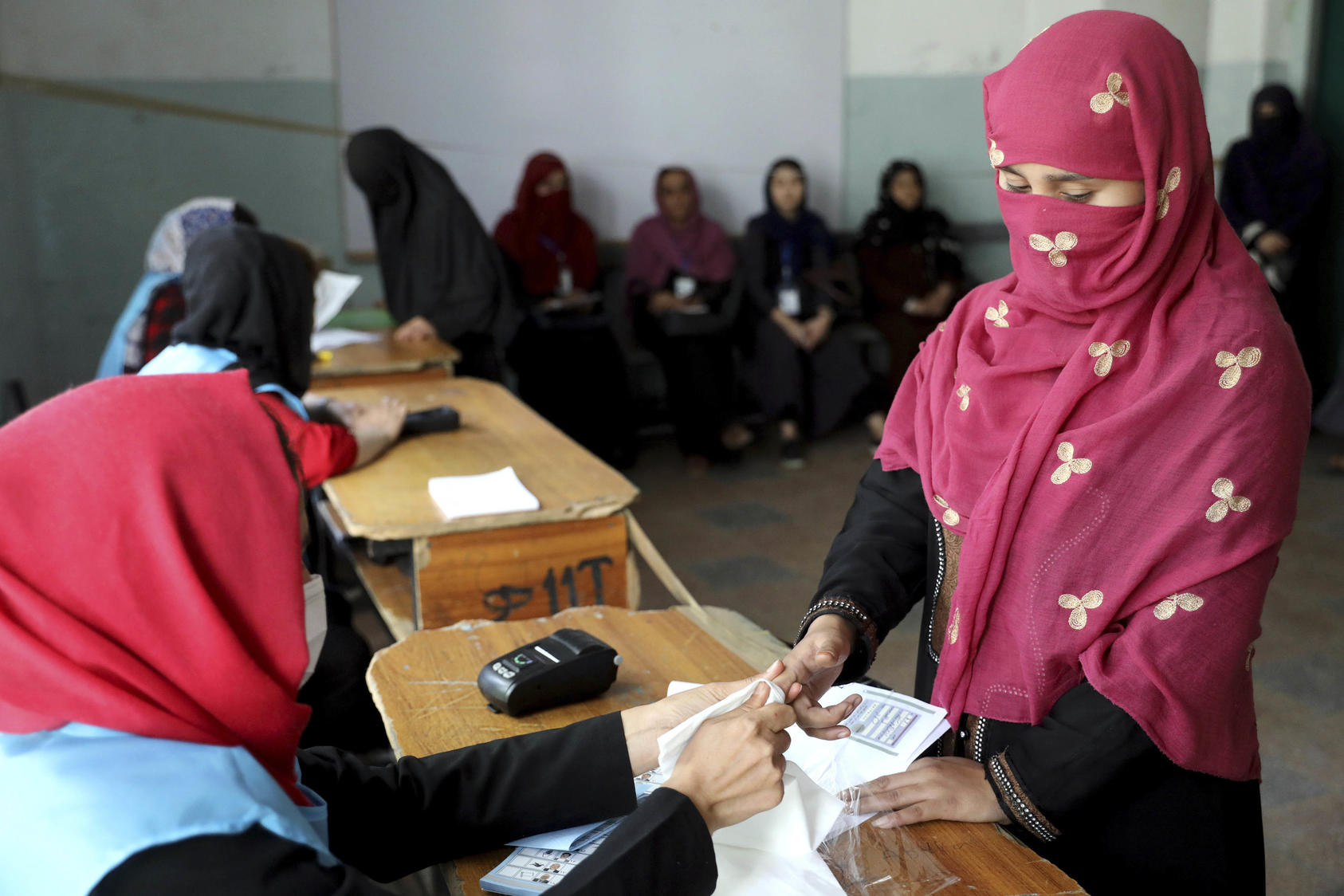Democracy in Afghanistan: Amid and Beyond Conflict
Stable democracy may be an elusive prospect in Afghanistan, but that in itself is no reason to stop talking about it. Although many Afghans might well prioritize security from violence over elections in the short term, voting rights are still widely valued across Afghanistan. This report examines the country’s recent history with elections, democracy, and democratic institutions, and argues that because democracy has a past in Afghanistan, there is good reason to continue to support it.

Summary
- In 2021, a stable and democratic Afghanistan remains an elusive prospect due to the continued use and threat of violence by the Taliban and competing political actors, the executive stranglehold on government appointments, and international engagement focused solely on election days.
- Even so, more flexible, lower-cost US engagement may yet produce results that can bolster democracy and encourage stability if incorporated into any forthcoming political settlement.
- Any system of governance in which the Taliban have a stake will need to include elections of some kind. The Afghan people have become accustomed to participating in the democratic process. Despite widespread electoral fraud, elections remain popular.
- Establishing local structures that facilitate stronger connections between citizens and their representatives will give legitimacy and stability to the political process going forward.
- Allowing communities to decide how to select local leaders and conduct local elections could allow more cooperation between formal and informal systems of governance. This flexible approach could make elections more attractive to Taliban leaders.
About the Report
In early 2020, the US Congress asked the United States Institute of Peace to organize a study group to “consider the implications of a peace settlement, or the failure to reach a settlement, on U.S. policy, resources, and commitments in Afghanistan.” The full report of the Afghanistan Study Group was released in February 2021. This report is an updated version of a background paper prepared for the study group that analyzes Afghanistan’s experiences with democracy and elections since 2001.
About the Author
Anna Larson is a lecturer in political science at Tufts University and a research associate in the Department of Development Studies at SOAS, University of London. Since 2004, she has conducted research on democratization, elections, and gender in Afghanistan; formerly, she worked in Kabul for the Afghanistan Research and Evaluation Unit. She has a PhD in postwar recovery from the University of York and is co-author of Derailing Democracy in Afghanistan.



